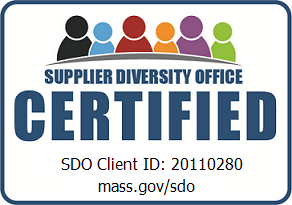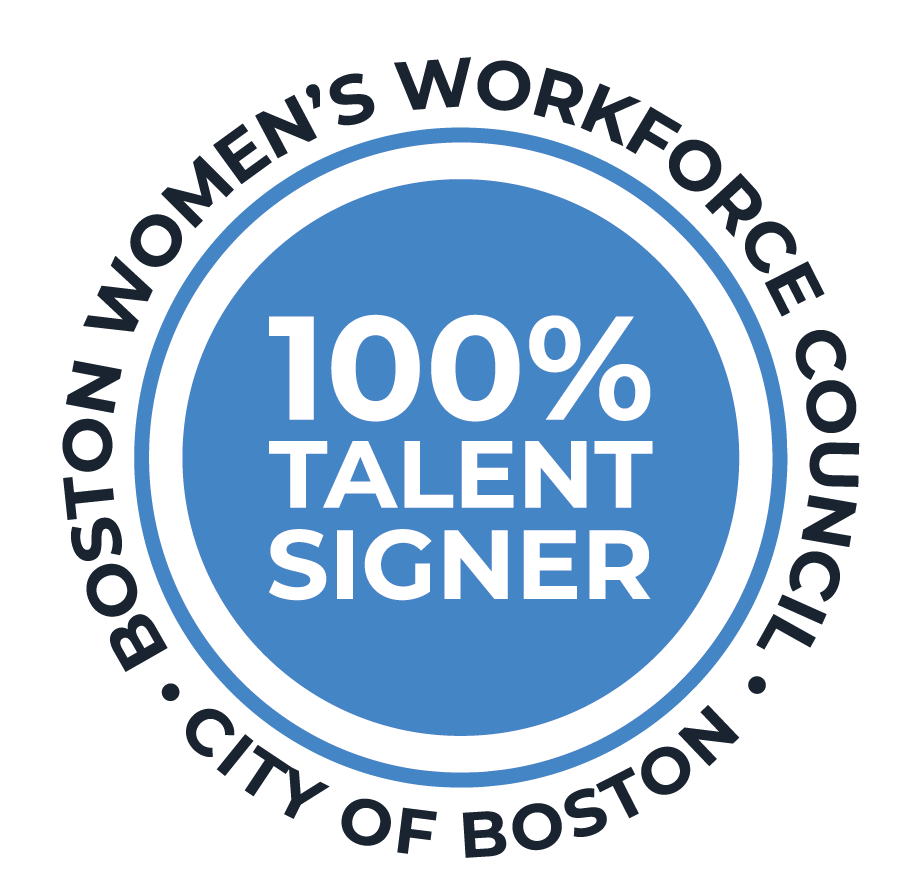Recently I was provided with the opportunity to travel to Austin for an event. I was looking forward to enjoying a few meals outside of the hotel in a city well-known for rich southern cuisine, Tex-Mex and BBQ.

A few days later, because our first choice restaurant had no availability, we decided to return to our trusty nearby favorite. Much to our disappointment tonight’s waiter gave the exact opposite vibe as our previous attendant. When asked what the specials were the waiter’s first response was that there were none. When we mentioned there had been a number of options earlier that week, he said he could offer a few throw-back dishes from their previous menu but they weren’t any good at all. Since we had thoroughly enjoyed these items just a few nights ago, I doubted his opinion. He did not provide any reason why he disliked the specials and was resistant to describe them when my colleagues asked for more detail. It became apparent he did not care about the food served or our experience there.
Though I unfortunately don’t remember our first waitress’s name (hence naming her Trish), I remember her service. Trish listed the specials and described them in detail, she let us know her favorite dishes and why she recommended them, she was honest, and she seemed to truly care about our time there.
So why is this story worth telling? While you usually do not have the privilege of choosing your restaurant server, how you serve and interact with others in your workplace is within your control. As silly as it may sound the lessons from Trish are universal – she demonstrated three important things we should all strive to be in the workplace.
Be an expert.
Know your work. While it may not be explicit, it is your job to become an expert in your field, on your client, and on each project or task you approach. Know who to turn to on your team with the expertise you may not have. Having the knowledge to back up your opinions allows those around you to build trust and confidence in your work. Trish shared her opinions and backed them up with descriptions and details, letting us know what we could expect from our upcoming meal.
Be amiable.
Be kind and honest – two things that don’t always naturally go together. You can’t always wake up on the right side of the bed (perhaps Thursday was just a bad day for our second waiter) however it is important to remember that your attitude is contagious. Trish was easy-going, helpful, and patient – that resulted in a good tip for her and a good time for us!
Be aware.
When following up with a client, vendor, or coworker it’s important to be aware of their situation and ask the right questions. Everyone has deadlines and needs of their own. Before you ask for what you want (Trish wanted a good tip), see what the other person needs (more water? another drink? a dessert menu?).
If you can’t remember the three “Be”s above, at least remember to never underestimate the value of great service – thanks again, Trish.















